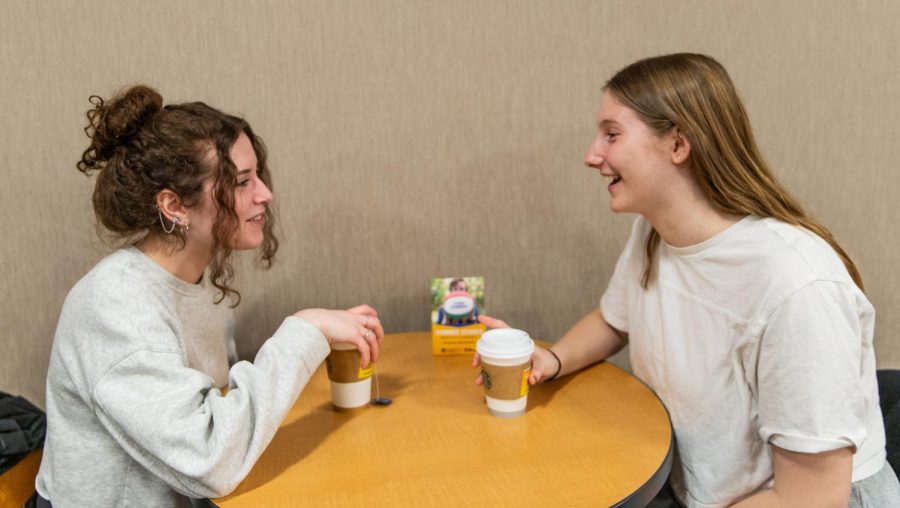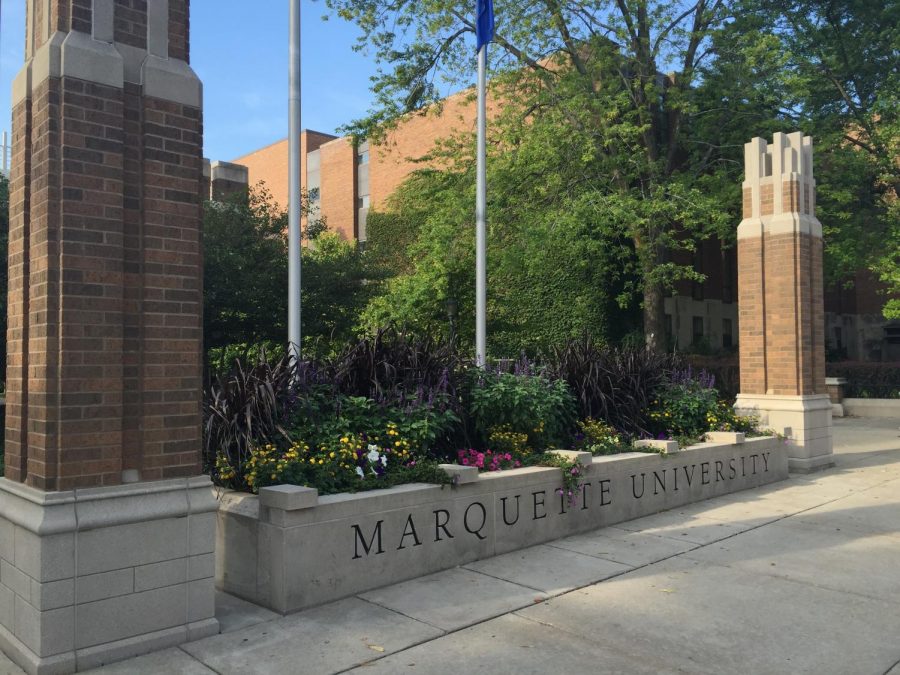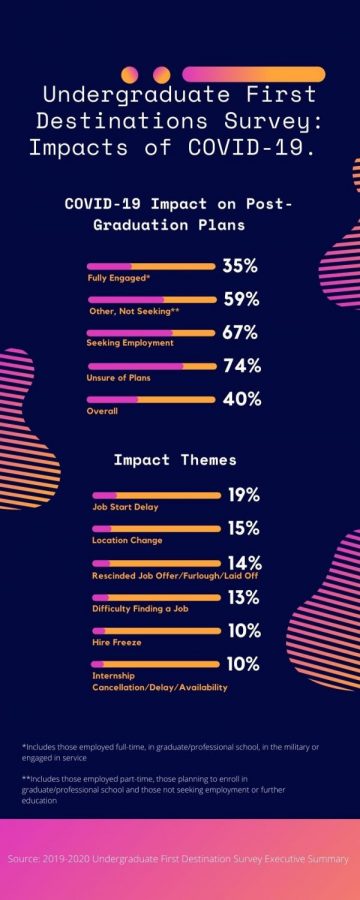COVID-19 is ironic.
Within moments it took a deadly pandemic infecting more than 17 million people and killing over 600,000 for us to recognize the immense yet understated damage that human beings continue to do to the environment.
It taught us that a fully virtual world is not something to be celebrated.
This pandemic serves as a precautionary tale worth learning from.
Although we have seen massive improvements environmentally, such as an estimated 5% decrease in carbon emissions relative to 2019, there are also immense environmental consequences due to the economic setbacks of COVID-19.
The extreme change in financial stability and consistency directly parallels consumer behavior. As our country has seen falls in income, increased levels of debt, struggles with mortgages and a massive increase in unemployment, the environment has taken a hit as well because consumers do not think about purchasing environmentally friendly products, which are generally more expensive.
With this massive economic hit to over 1 million of Americans comes a responsibility of those who can afford environmentally friendly products to do so.
In order to have an environmentally and economically sustainable recovery from COVID-19, there are 4 Sustainable Development Goals that we as an international community must achieve.
Our governments have to limit global warming. Not only is there a direct effect on the rising temperatures, but there is also is an increase in the temperature and water level of the ocean.
Human beings rely on the ecosystems of our oceans for coastal protection, medicines, food and several different sorts of industries. Yet, with the world’s ocean heating, as well as water pollution increasing, we are ultimately destroying the things we need to survive.
With the use masks, gloves and single use plastics used for protection against COVID-19, there is an increase in water pollution on a global level.
For example, authorities in France alone just ordered over 2 billion single use masks. The French non-profit Opération Mer Propre explained that soon we’ll run the risk to have more disposable masks in the Mediterranean than jellyfish.
COVID-19 highlights the fact that single use plastics should never be our go-to, as the amount of waste produced is detrimental to our environment. As our fight against COVID continues, we must embrace reusable masks and swap other plastic gloves for hand washing.
Countries such as the United States, China and Russia have the opportunity to use renewable energy and green technology, while leading the world to a more sustainable, renewable energy.
According to a Stanford Report, if we convert the world to a cleaner, more renewable energy source, we could save 2.5 to 3 millions of lives per year while also halting global warming, reducing air and water pollution and attaining a reliable source of energy.
We must continue to make extreme improvements to our environment until and after there is a working and fully functional vaccine for COVID-19. Our push for a better, more sustainable environment cannot just end once there is a vaccine. A sustainable, renewable energy is necessary for a full, consistent recovery from the virus, both for our environment and economy.
It is absolutely imperative that, once there is a fully functional vaccine, we return to in-person, non-virtual human interaction for the health of all individuals.
Yes, our developments in technology have allowed us to find a way of living amidst COVID-19.
We have technology to communicate with loved ones, friends, family and peers as well as the opportunity to go to work and school virtually.
Fortunately through COVID-19, there is the opportunity to take social distance walks with friends, enjoy a skatepark with family and connect with other individuals at a safe distance through many different outdoor activities.
However, this virtual way of life, connecting over screens and in the isolation of our homes with very little opportunities to connect in person, is simply not sustainable.
When comparing environmental, economic and humanistic impacts of COVID-19, we need to recognize that all three of those aspects are tied together through the way they affect us as human beings.
At the end of the day, not all interactions from this moment forward can be made via the internet.
Studies have shown that this pandemic is directly associated with increased distress, anxiety and depression levels among both the general population and healthcare professionals. Due to the social isolation of this pandemic, health officials state that the mental health consequences “are likely to be present for a long time and peak later than the actual pandemic.”
A Kaiser Family Foundation study found that 47% of individuals who were sheltering in place reported negative mental health effects due to COVID-19, compared to 37% of individuals who did not shelter in place.
The effects of this pandemic on the mental health of individuals cannot be ignored and must be taken seriously. Isolation is unhealthy for all people.
Yes, we have to temporarily adjust to the mostly virtual way of life. However, it is obvious that something is lost through interaction and connections made through a computer or phone screen. Social cues are lost. Body language is not read nearly as well. Joy, love, beauty and passions cannot be fully expressed. Thus, a large part of our humanity is lost.
We must take this time to adjust and learn this new, hopefully temporary way of life, and aim for a more sustainable way of life for both human beings and our surrounding environments.
We must do what is best right now for the sake of our future.
In order to return to our “normal” way of life, there has to be a vaccine or cure, and we must observe all safety guidelines and legislations and focus on a sustainable recovery.
Until then, we must follow all rules, regulations, recommendations and laws regarding COVID-19. Currently, cases and casualties in the United States are still on the rise.
Social distance. Mask up. Listen to health officials. Reach out to officials of the government to express the need for sustainable recovery goals. Buy environmentally friendly products. Donate to nonprofits that focus on environmental sustainability. Hold yourself accountable. Check in on your family and friends.
We as individuals must set aside our own wants and do what is best for our city, our state and our nation.
This story was written by Max Pickart. He can be reached at max.pickart@marquette.edu.












